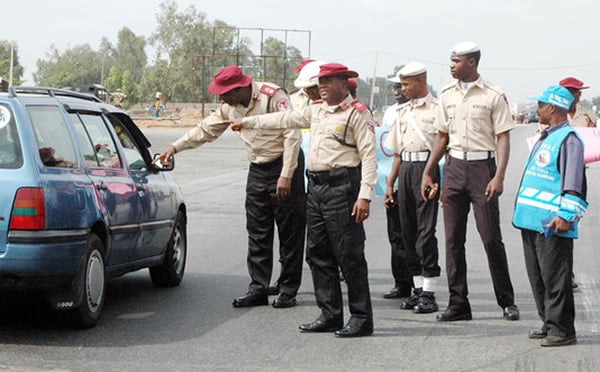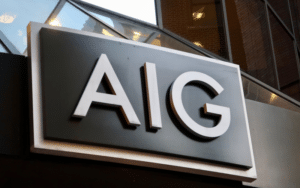THE Federal Road Safety Corps’ vow to hunt down reckless motorists who killed five of its officers in Ekiti, Ogun, Taraba, Plateau, and Enugu states in September is a righteous cry for justice. It must ignite a fiercer resolve for a national reckoning on road safety.
The tragic deaths of these officers should spur action toward the full deployment of technology in road safety management — not only to punish the guilty but also to prevent chaos before it claims more lives.
Nigeria’s roads are daily theatres of peril. Over 5,000 fatalities annually, according to World Health Organisation estimates, paint a grim portrait of a country where speed demons, faulty vehicles, and evasive tactics turn roads into killing fields.
FRSC officers, often outnumbered by non-compliant motorists, resort to high-stakes pursuits and roadside standoffs that can escalate into tragedy. Chasing a fleeing truck on a pothole-riddled expressway is not heroism; it is a gamble with death.
In an era where smartphones map every human step and algorithms predict habits, the dynamics of road safety are rapidly changing. Technology is therefore not a luxury — it is the lifeline that can shield enforcers and tame the beast of bad driving.
So, speed trackers should be deployed nationwide, and automated cameras installed on major highways, calibrated to detect speeding in real time. Modern radar-based systems integrated with number plate recognition can capture violators’ details and beam fines directly to their phones via a centralised app.
This way, road safety officials don’t have to risk their lives by jumping onto roads to stop drivers doing 120 km/h.
In pilot programmes overseas, like the United Kingdom’s average-speed cameras, violation rates dropped by 40 per cent. In Nigeria, this technology would not only deter speedsters but also free FRSC teams from exposure to vehicular fury, allowing them to focus on education and rescue.
Artificial intelligence-powered dashboard cameras and road sensors can detect hazards such as potholes or sudden stops and alert officials via an app. These devices should be installed to enable quick responses that save lives.
Surveillance networks monitoring vehicular movement end-to-end further support smart enforcement. AI-powered cameras at toll points, intersections, and other locations can feed data into a national dashboard. Real-time tracking flags anomalies like swerving cars, indicative of drunken drivers, or smoke-belching buses overdue for inspection.
GPS-enabled radar systems can zoom into number plates and transmit data via satellite to enforcement officials. In South Africa, this innovation has slashed pursuit-related crashes by 60 per cent, proving that apprehension without high-speed chases saves officials’ lives.
Digital booking platforms can scan vehicles via mobile scanners, cross-reference with national registries, and issue e-tickets on the spot. Offenders must pay fines or face automated escalations such as licence suspensions and bank deductions, eliminating violent clashes with drivers of faulty vehicles.
Overloaded trucks cause road damage and flip-overs, common dangers on Nigerian roads.
Technology can address this by weighing vehicles on the move without stopping traffic. Embedded scales at checkpoints allow trucks to be weighed automatically, with sensors flagging overloads. Alerts go to FRSC apps for fines, cutting down manual checks.
Some trucks can be fitted with sensors that measure load via GPS and weight pads; if overloaded, they cut fuel supply or emit warnings before leaving depots.
Driving under the influence, a major cause of crashes, can also be curbed through technology. Breath sensors integrated into vehicle ignitions prevent a vehicle from starting if alcohol is detected, potentially cutting DUI crashes by 30 per cent.
Rolling out this technological infrastructure requires investment, but the returns are substantial. Funerals and injuries will drastically reduce. Nigeria’s erratic power grid must be upgraded, roads fixed, and FRSC personnel trained and retrained.
Lower healthcare burdens from accidents, estimated at N100 billion yearly, will follow. Tech-backed enforcement will foster a cultural shift toward compliance.


